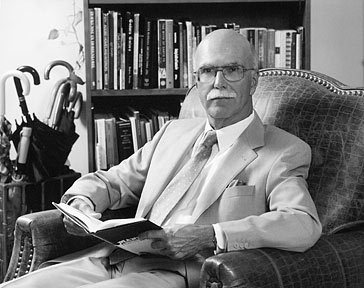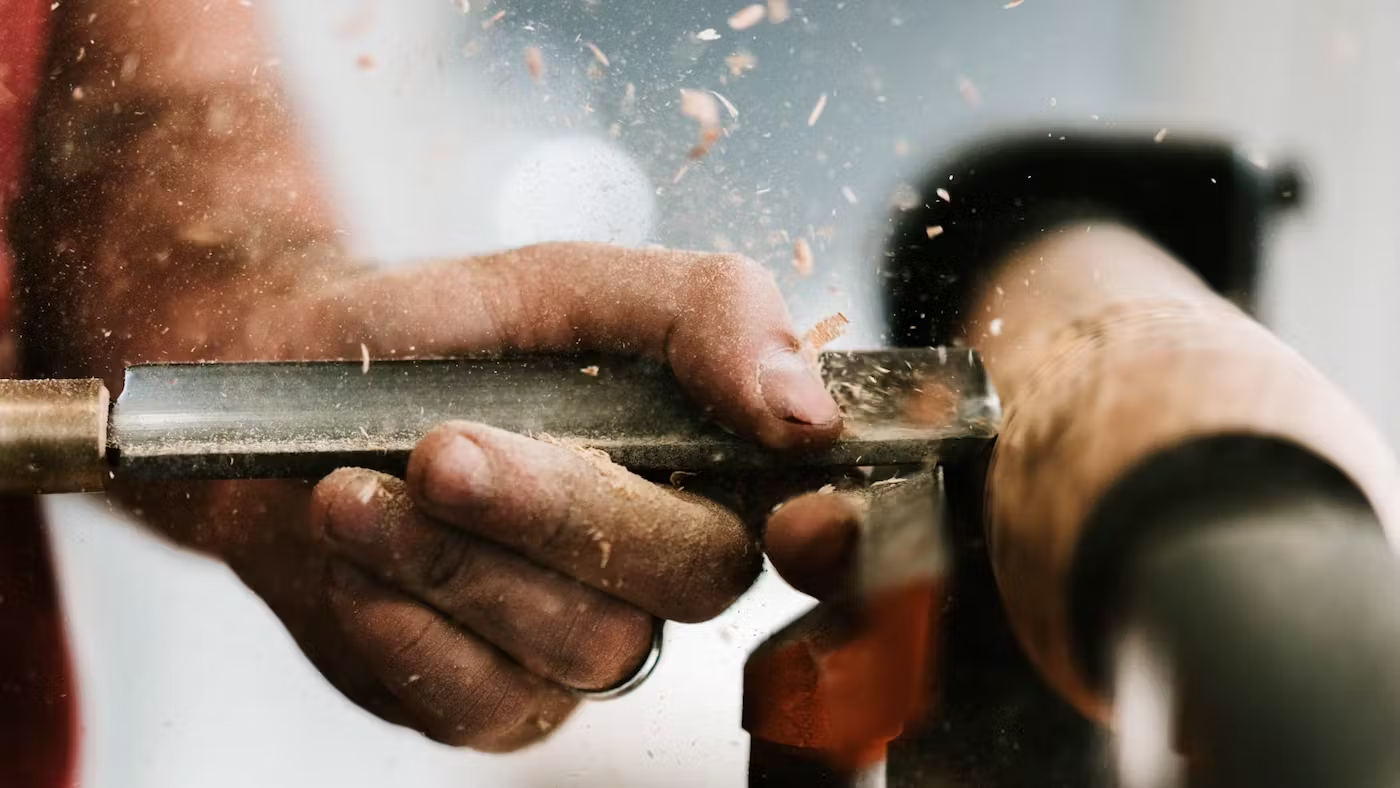by Leon J. Podles
The experience of leading a Boy Scout trip to Bavaria and the Alps reflects some aspects of fatherhood and the role of the father. The father’s role is to help children separate from their mothers and to prepare them for adulthood. Scouting is a way for men to give to others and to feel needed.
Where are the fathers? Largely absent, as a look around America will show. Many impregnate women and then disappear, to be replaced by a welfare check. Others divorce or are divorced, and see their child a few days a year or never. Others don’t want children because they want to be children themselves forever, playing at work and sex and sports; having a child who depends on you keeps you from being a child yourself. Others are there in the home, but let their wives be both mothers and fathers. One place to find fathers, what there are left of them, is in Scouting. Men who have their own sons to raise take on the task of helping other boys become men.
I have been a leader in Troop 1000 at Baltimore’s Cathedral of Mary Our Queen for seven years, gallons of freeze-dried food, miles of muddy trails, and dozens of packs of mole skin. It has helped me grow up. I have confronted fears I never knew I had. In Laurel Caverns our troop went exploring in the undeveloped part of the cave. I realized that the way led through a black hole in the floor and a chimney maybe 24 inches high going down at 45 degrees. I got on my stomach and started down. The tunnel quickly filled with scouts. About 20 yards down I began, for the first time in my life, to have an attack of claustrophobia, the irrational panic that the ceiling was going to press down on me. I nearly screamed to get out, but realized if I panicked the boys would panic, and someone would get hurt. I pushed the panic down, almost physically. It may have been the hardest thing that I ever did. But as Ben Stein realized in his adventure on the lake in a disabled boat (“An L.A. Dad Discovers Idaho Fatherhood,” page 28), an adult male has to remain calm even in difficult situations or the children around him will suffer. Having children dependent on you is one the strongest motives for acting responsibly.
We took our scouts to Bavaria this July, staying in Eichstaett, a small town in the Jura Mountains, for ten days and then going to the Alps. We had fathers along, as well as some mothers and assorted siblings, and also a Father, a Dominican priest.
We decided not to see Dachau and the other sites associated with Nazism, a form of masculinity gone gravely wrong. The German boys who had lost their fathers in World War I were the most eager followers of the Fuhrer. I once asked my elderly German tutor, who had grown up in Cologne during World War II, how Hitler could have fooled the Germans–in the films he looks like a con man. She agreed he was nicht echt, not genuine, but said that the adults generally weren’t taken in; the young were mostly deceived, and thought of him as sort of a rock star, a poor boy made good, like Elvis Presley.
Instead of Nazi memorabilia we saw churches and monasteries, and hiked and biked and canoed and rock climbed and canyoned (which is like white-water rafting without the raft). We started with Mass at the cathedral in Eichstaett on the feast of St. Willibald, an Anglo-Saxon who evangelized his Germanic cousins in the seventh century. After Mass the boys gathered for a photo op with the statue of St. Willibald as a bishop, wearing the rationale, a garment descended from the breastplate of the Jewish High Priest. Willibald was depicted as a father of infinite gravity and gentleness and wisdom.
We met with Willibald’s eighty-first successor, Bishop Walter Mixa, who had been a refugee from the German lands lost after the war. He was a good father to his flock. He knew the family history well (and there was a lot of it since the seventh century), and he had just the right touch with the boys, gentle and playful and serious as occasion demanded.
We fathers-according-to-the-flesh had to deal with the usual testing of limits by the boys. What happens if we sneak out at night, they wondered. Some tried to, and were faced with deportation back to America. Having sat on them firmly at the start, we had few other problems. Male aggression took the form of the usual thousands of friendly punches and pokes that boys engage in.
We try to get the boys to seek their excitement from physical challenges rather than from drugs and getting into trouble. We also try to judge the physical challenges so that we come back with the same numbers of boys we leave with. The biking and hiking were tiring but safe; the canoeing saw a few people plunge into the water (our German guides didn’t understand canoes), but the Altmuhl has the distinction of being the slowest river in Germany. We didn’t do outside rock climbing because the rocks were too slippery, but the boys had the chance to climb at an alpine dub set up in the rafters of a brewery (we were in Bavaria after all). Their instructor was Peter Gabel, youth champion of Bavarian rock climbers. He could do two-finger pull-ups and cross the ceiling with his toes. The boys (and the adults) were impressed.
We also hiked through the aptly named Hollentalklamm–“Hell’s valley cavern.” The path led under waterfalls and through glaciers. One boy had ignored the adults’ orders to bring rain gear. He got hypothermia, and the adults had to give up some of their clothing to him. I thoroughly bashed my head and missed the canyoning the next day.
Canyoning is going down an Alpine stream with only a wet suit between you and the 33-degree water. You drop over cliffs into pools such as the Wash Tub, which dunk you a few times before the Austrian guides pull you out. Our guides told us it was safe, but the standards of safety in Germany are different: If it’s not raining tons of high explosives and tanks are not blasting through your home, the situation to a German feels safe. The boys loved it. Some of the fathers came back limping. My wife took my place and realized that she did not enjoy staring in the face of death, but that she couldn’t show fear or the smaller boys would panic.
Our Dominican priest, who had taken the name of the evangelizer of Germany, Boniface, befriended one of the youngest boys. The boy’s father had died when he was only six weeks old. The boy cried at the end of the trip when he had to leave Boniface.
Why do fathers, who have quite enough to do with their own jobs and families, take on scouting work? A man is never happier than when he is giving to others, especially to his children, as father Donald Thornton in James Payne’s article realized (“The Riches of a Poor Father,” page 53). If the welfare state takes care of children, at least financially, a man doesn’t feel especially needed. Why hang around? It is easier to remain a perpetual adolescent, and not be a father except in the animal sense.
What does a father do for children that a mother doesn’t? A child doesn’t need two mothers (although a father may help with the mothering), but a mother and a father, as Karl Zinsmeister notes (“Fatherhood Is Not for Wimps,” page 41). A father’s task is distinct. The mother is closely connected to the child both before and after birth. She protects and nourishes the child. The father is always more separate: He helps the child separate from the mother, and sends the child out into the world to become an adult. A boy especially must learn to be a protector and provider for others.
When our scouts were hiking through a Bavarian forest we came to a crossroads and rested. A wayside cross stood at the corner. It showed Jesus in an unusual position, with his mouth open and his tongue hanging out. Below was the inscription of one of the words from the cross, Mich Durstet, “I thirst.” We puzzled about this unusual crucifix, and I guessed it was put up at a resting spot for tired and thirsty hikers to remind them that He too thirsted.
Bonafice thought about this, and at the Mass for the scouts that evening preached about Jesus’ hiking through the rough landscapes of Judea. What we were doing for pleasure and exercise, He did because He was sent on an urgent mission by his Father, to go by foot to all the towns of Israel to preach the Gospel. Jesus got very tired, bone-tired, and He got thirsty in the desert. Instead of a shower and a bed at night He wrapped himself in his cloak and slept on the rocks in the desert chill. He did this because his Father had sent him on a mission to keep God’s promise that Israel should be the first to hear the words of salvation. One of his most important tasks, in the final words of the last Jewish prophet, Malachi, was to “turn the hearts of fathers to their children, and the hearts of children to their fathers, lest I come and smite the land with a curse” (Malachi 4:5).
Fathers have to separate their children from the protective circle of the family and get them ready to go out on their mission in life. Life can be both wonderful and very, very hard. Fathers are rougher with children than mothers are because the children will one day have to face struggle and sacrifice. A father is demanding, not because he doesn’t love the child, but because his creative love wants to generate a new person who in turn lives for others. A father sacrifices himself for his children, so that the children in turn may see this sacrifice and sacrifice themselves for others. Without the turning of children’s and fathers’ hearts to each other, the land is cursed.



